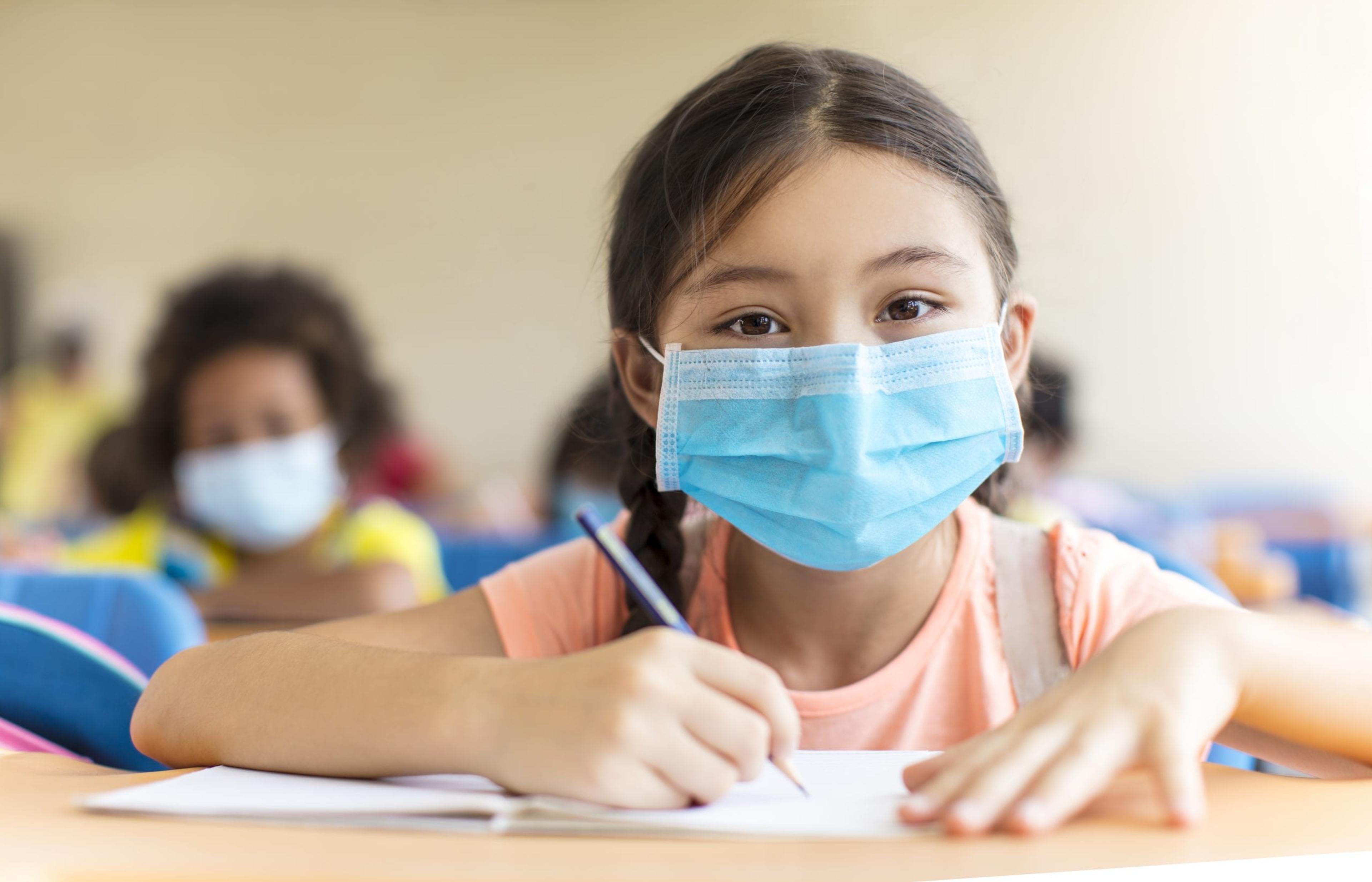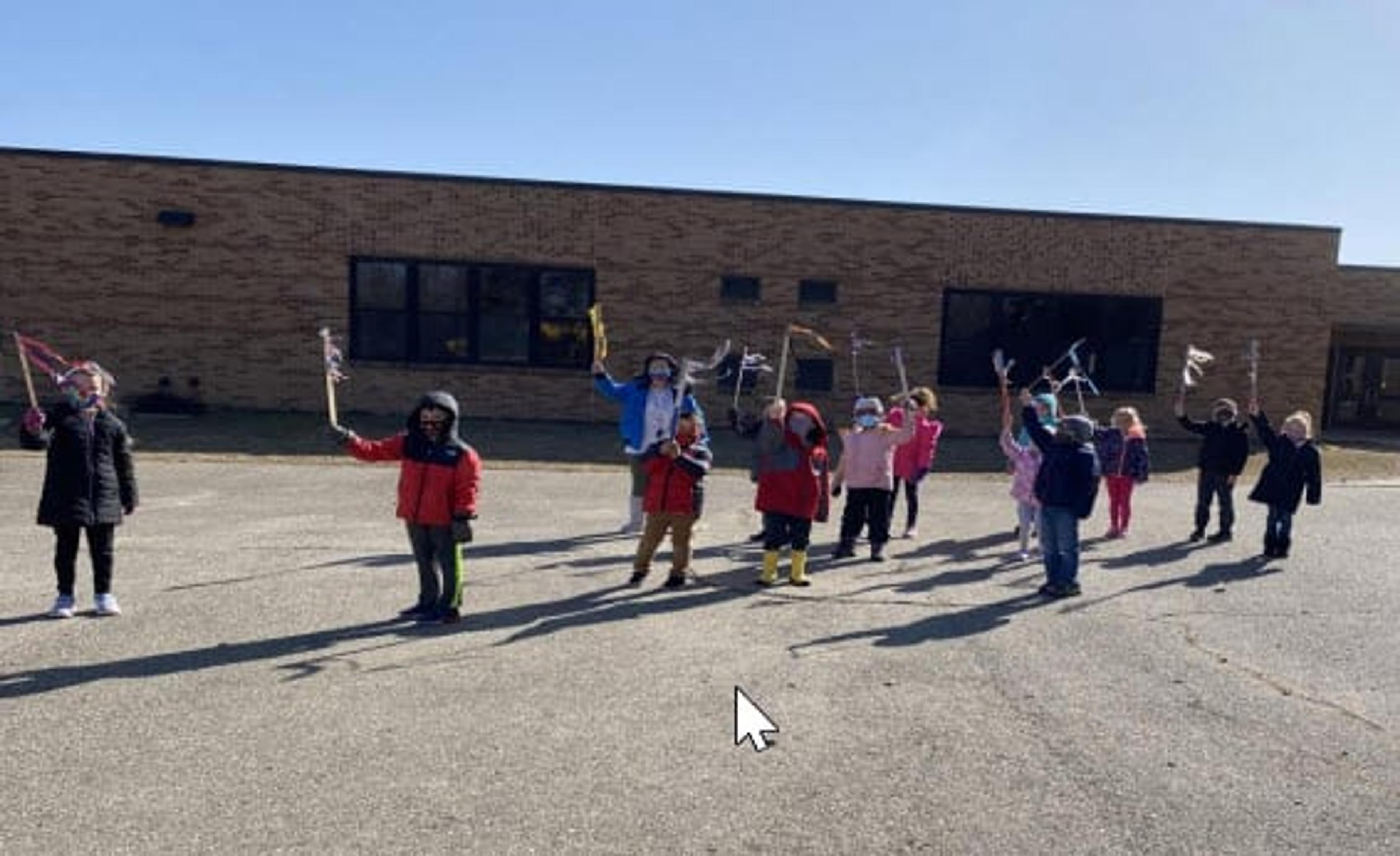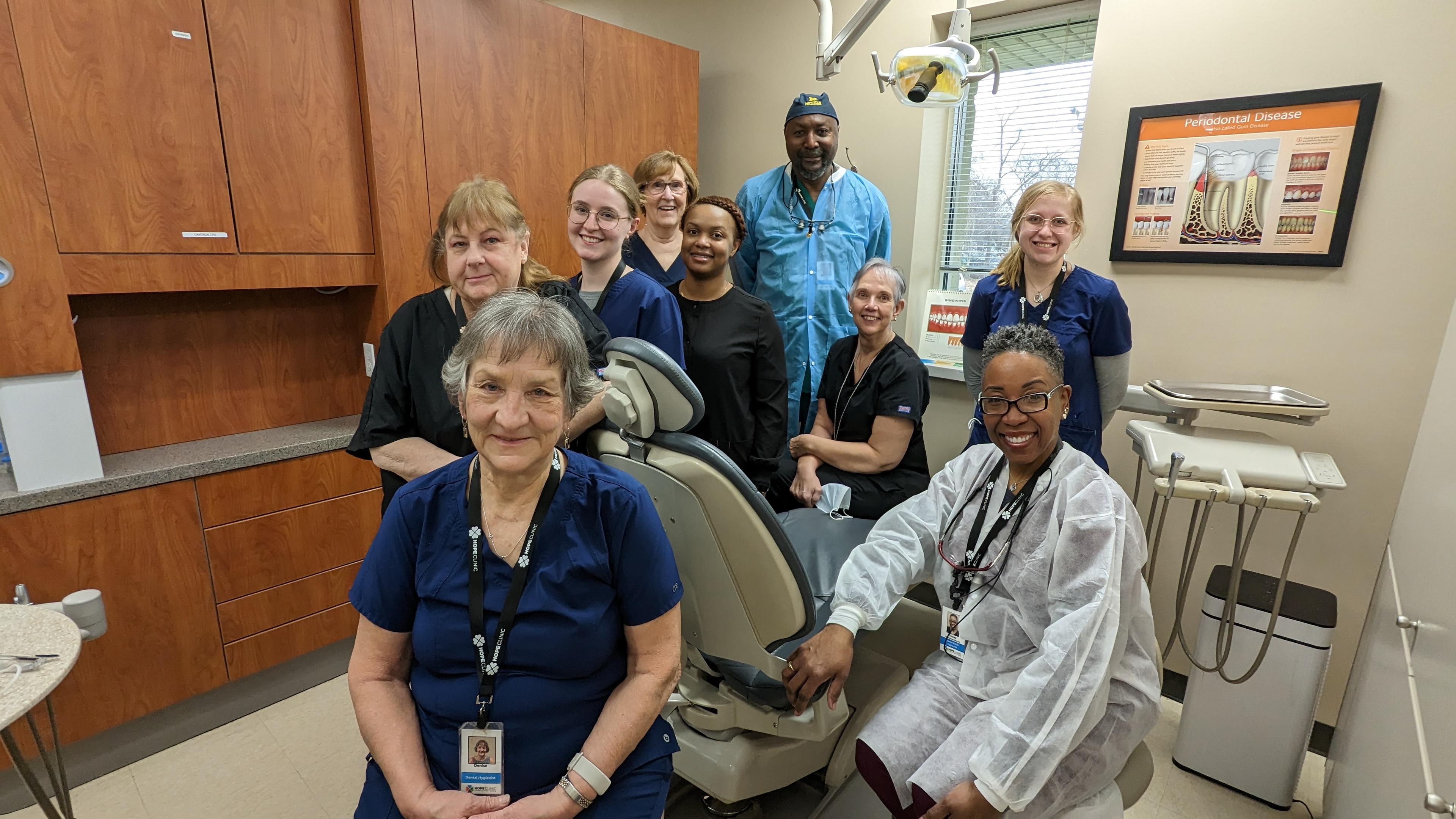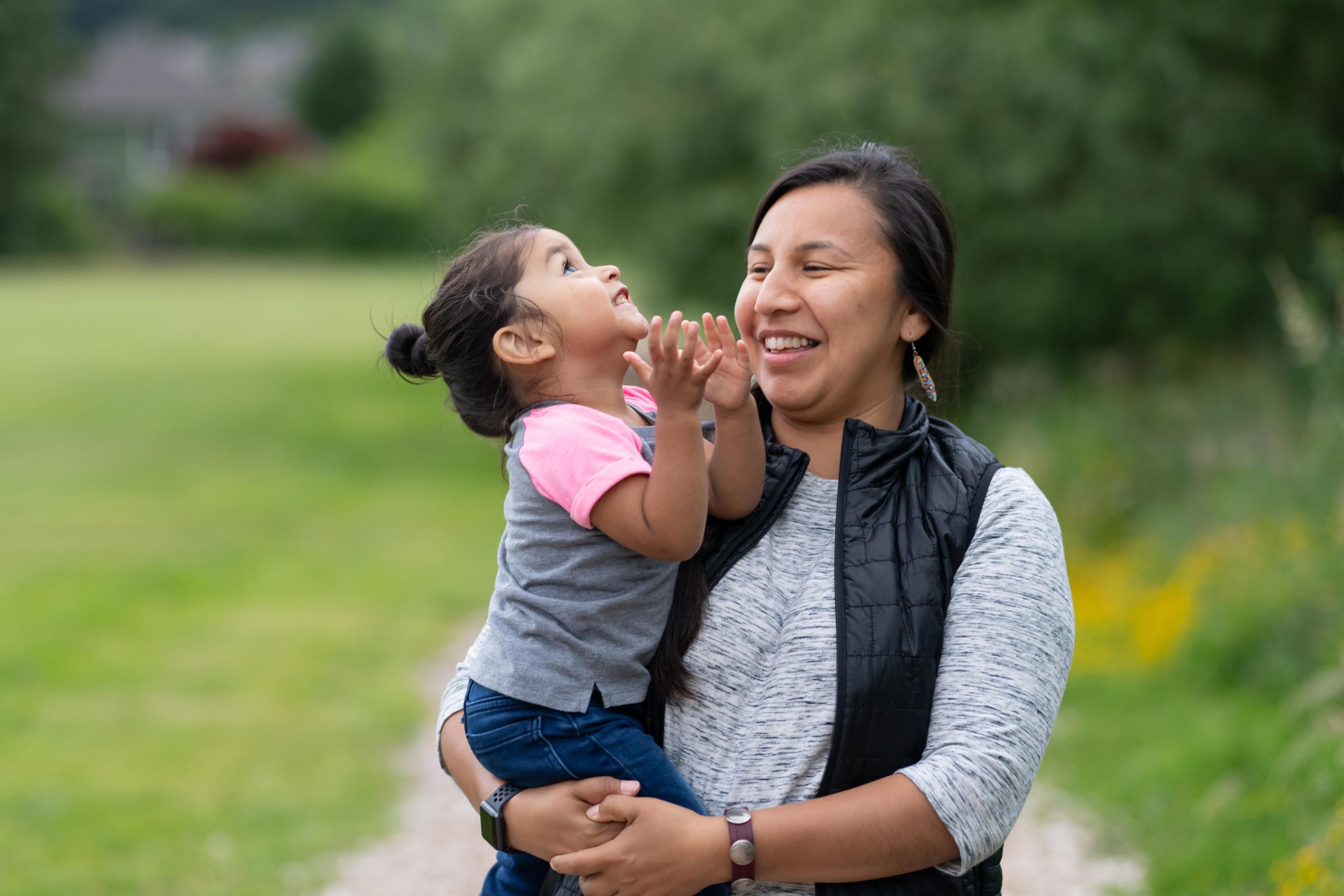The Link Between Education and Health Outcomes
Julie Bitely
| 5 min read

When one of Marcie Bensman’s kindergarten students didn’t have enough food to eat at home, she packed the child some snacks and a backpack full of other supplies. She knows there are other families facing similar circumstances. She works at Leonard Elementary, part of Oxford Community Schools, located in northern Oakland County. The building draws in students from a mix of rural and suburban settings. In her more than 20 years at the school, in addition to teaching her kids their ABCs and numbers, she’s helped under-resourced parents navigate problems they’re facing. She gives out her phone number freely, in the hope that families who might be struggling will reach out.

How health and education are connected
Struggles like not having enough food at home are one reason kids might not reach their full academic potential, which can have long-lasting effects on their health. Education is considered a social determinant of health, one of many factors that impact lifelong health outcomes. Experts say more than 80% of what goes into how healthy people are isn’t driven by the medical care they receive but by these social determinants of health, which also include things like access to healthy food, housing instability and discrimination. According to Healthy People 2030, “people with higher levels of education are more likely to be healthier and live longer.” People who are unable to graduate from high school or go to college are “less likely to get safe, high-paying jobs and more likely to have health problems like heart disease, diabetes and depression.” Many times, disparities in educational achievement are tied to disparities in the educational opportunities available to kids which disproportionately affects minority communities. They are more likely to face an uneven playing field when it comes to education due to factors such as underfunding, fewer resources and systematic bias.

“When you talk about social determinants of health, one of the things that is part of that is the idea of disparities,” explained Nate McCaughtry, director, Center for Health and Community Impact at Wayne State University. “There are a variety of social disparities that exist between populations of people. There’s a lot of educational disparities in Michigan that have a lot of influences on life success across the board. Educational disparities are inextricably linked with health disparities – if you see one, you’ll see the other as well.”
Blue Cross is partnering to create healthier school environments for all children
A program backed by Blue Cross Blue Shield of Michigan and many other statewide partners is working to change the trajectory of kids’ health outcomes, regardless of other obstacles they might be facing. The Building Healthy Communities (BHC) program is a public-private school-based initiative that supports children’s health by providing teachers, administrators and students with resources, curriculum, equipment and professional development to create healthier school environments, prevent childhood obesity, improve academic achievement and address mental health and well-being. Earlier this year, more than 340 schools statewide were awarded the program, expecting to serve more than 158,000 students this school year. With the help of McCaughtry, the BHC program has continued to evolve to meet the needs of students. “The idea was that when a kid arrives at school, we wanted them surrounded by healthy living messaging, opportunities and education from the beginning of the school day until they go home,” he said. Research backs up the program, finding that children attending schools with this program:
- Participate in more physical activity
- Eat healthier in and out of school
- Decreased their rates of obesity
- Decreased their cholesterol levels
- Increased academic achievement
By empowering healthy choices and instilling values related to good physical and mental health, McCaughtry is encouraged that the BHC program is also making strides in helping kids do better in the classroom. “The COVID-19 pandemic makes it even more critical that children have additional supports and that school districts have access to evidence-based programming that makes a difference, particularly in underserved areas,” he said. “We know that schools in under-resourced communities have access to far fewer resources that educate kids to live healthy lives and have successful careers.” For her part, Bensman was thrilled to start offering the BHC program at Leonard Elementary. Her school received additional physical education equipment and nutrition education lessons and resources, including MyPlate posters for every classroom. With students eating meals in the classroom due to COVID-19 precautions, Bensman enjoys hearing her young students talking about the way food relates to good health. “They talk about what’s on their plate and what’s healthy,” she said. The conversations and excitement the program has generated around health and well-being is exactly what she was hoping for when she applied to bring the BHC program to the building. It’s encouraging to her that parents also seem to be making connections with the material she provides them through the program and through conversations they’re having with their children. “This program just adds more to the pot that I’m able to provide,” Bensman explained. “We’re providing families with information on how they can eat healthy without it being expensive. I wanted to bring that to my school district. I felt that was important.” Editor’s Note: This is one story in part of a year-long blog series. Blue Cross Blue Shield of Michigan journalists will be diving into some of the environmental and socio-economic reasons behind disparate health outcomes for certain groups of people. While there is no one answer or simple solution to resolving these complex issues, we’ll talk to community organizations working to address social determinants of health in neighborhoods and communities across Michigan, as well as highlight work that Blue Cross is doing to contribute to solutions for the health of all Michiganders. Related:
- Understanding Social Determinants of Health in Michigan
- How Poverty Contributes to Poor Health
- Housing Instability, Homelessness and Health
Main image photo credit: Getty Images; other images provided courtesy of Marcie Bensman and Nate McCaughtry





